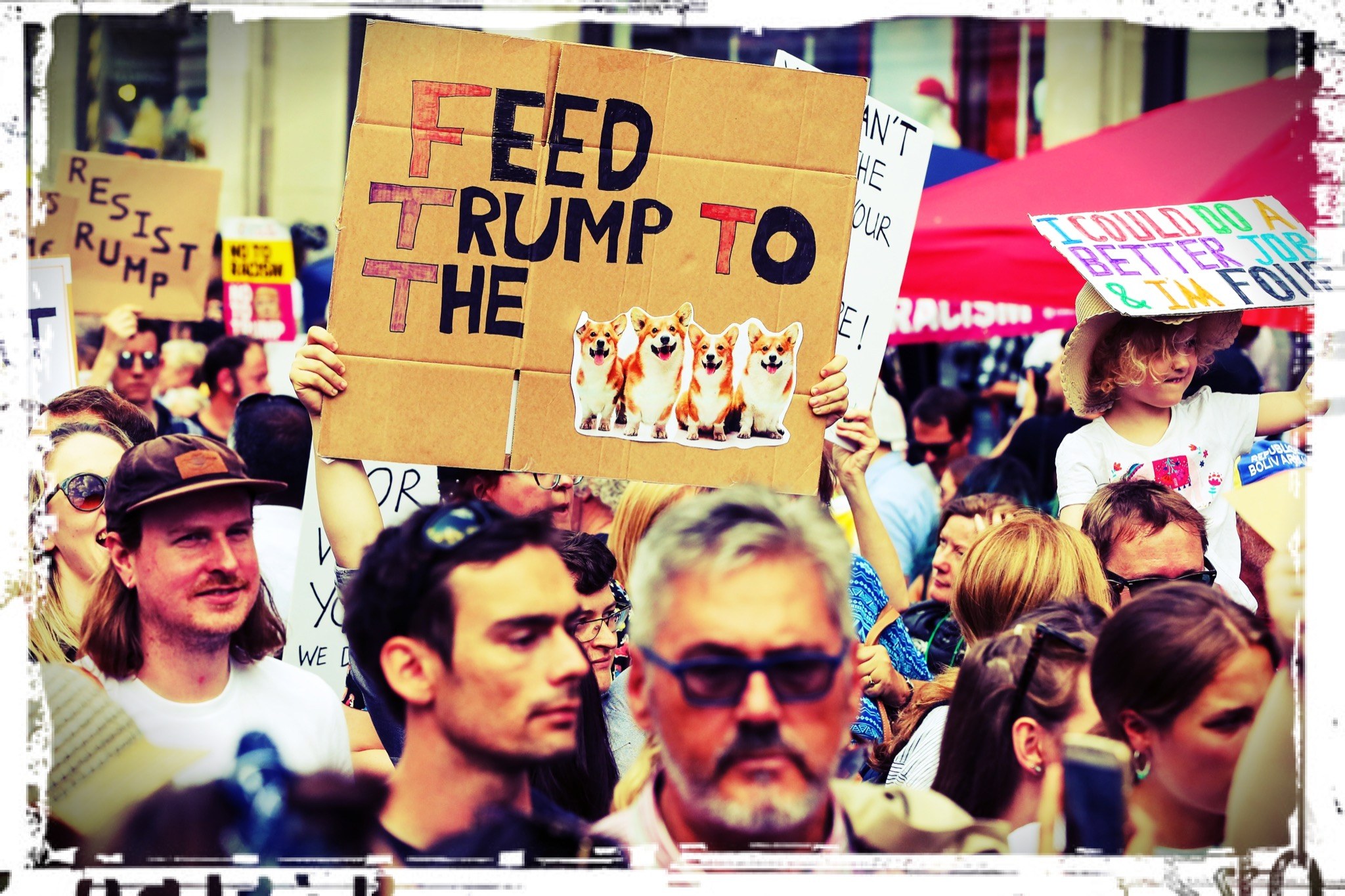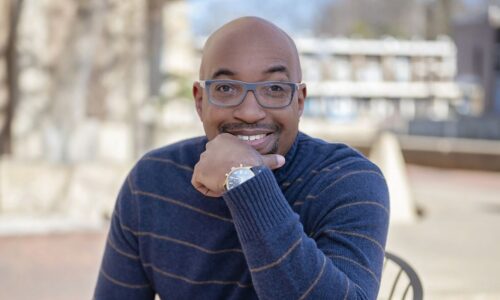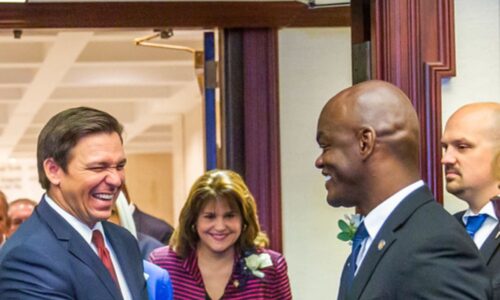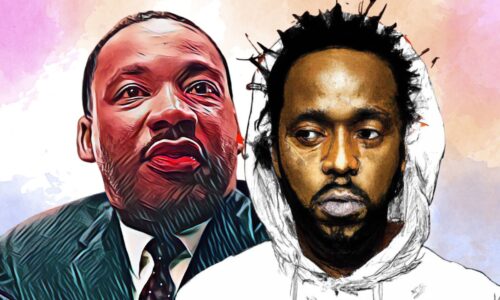The midterm elections are approaching during one of the most polarized moments in recent American politics.
A collaborative research project I led on polarized democracies around the world examines the processes by which societies divide into political “tribes” and democracy is harmed.
Based on a study of 11 countries including the U.S., Turkey, Hungary, Venezuela, Thailand and others, we found that when political leaders cast their opponents as immoral or corrupt, they create “us” and “them” camps – called by political scientists and psychologists “in-groups” and “out-groups” – in the society.
In this tribal dynamic, each side views the other “out group” party with increasing distrust, bias and enmity.
Perceptions that “If you win, I lose” grow. Each side views the other political party and their supporters as a threat to the nation or their way of life if that other political party is in power.
For that reason, the incumbent’s followers tolerate more illiberal and increasingly authoritarian behavior to stay in power, while the opponents are more and more willing to resort to undemocratic means to remove them from power.
This damages democracy.
Are Americans now stuck in animosity and anger that will undermine democracy, or can the nation pull out of it?
Politicians Divide
Our research finds that severe polarization is affected by three primary factors.
First, it is often stimulated by the rhetoric of political leaders who exploit the real grievances of voters. These politicians choose divisive issues to highlight in order to pursue their own political agenda.
In other words, what a leader says is as important as what she or he does.
Since launching his campaign, President Donald Trump has vilified so-called external enemies such as “criminal and rapist” Mexican immigrants, terrorist Muslims and foreign allies out to drain America’s coffers through “unfair trade deficits.” Now, the president is targeting internal enemies.
He has famously labeled the media “the enemy of the people” and recently accused the Democrats of unleashing an “angry mob” unfit to govern.
Such unprecedented attacks by a president of the United States seemed designed to discredit his critics and delegitimize his political opponents. But they also trigger the dynamics of polarized politics by reinforcing the notion that politics is an “us versus them” contest.
By August 2017, just eight months after Trump took office, three-quarters of Republicans had negative views of Democrats, and 70 percent of Democrats viewed Republicans negatively.
This was a large increase compared with the mid-1990s, when about 20 percent of each party had unfavorable views of the other party.
Even more disturbing for democracy, roughly half of voters of each party say the other party makes them feel afraid, and growing numbers view the policies of the other party as a threat to the nation.
America’s recent political polarization did not begin with Trump. It has been growing since the 1990s and accelerated under President Barack Obama, when the Tea Party formed in reaction to his election, and bipartisanship broke down in the Congress.
By 2016, 45 percent of Republicans felt threatened by Democratic policies, and 41 percent of Democrats viewed Republican policies as a threat, up nearly 10 points in just two years.
Our research shows that in extreme polarization, people feel distant from and suspicious of the “other” camp. At the same time, they feel loyal to, and trusting of, their own camp – without examining their biases or factual basis of their information.
Although this is a common phenomenon long identified by social psychology, it is even more pronounced in the age of social media 24-hour news cycles and more politicized media outlets who repeat and amplify the political attacks.
Most dangerously, words can unleash actual violence by avid supporters seeking approval from the leader or simply inspired to carry out an attack against the designated “enemy,” as we saw when supporters of Hugo Chávez in Venezuela attacked a media mogul whom Chávez had labeled public enemy number one.
Similarly, last week an avid Trump supporter sent pipe bomb mailers to prominent Trump opponents, and the killings in a synagogue in Pittsburgh were carried out by a man who used similar language to Trump’s assertion that the U.S. was being invaded by a caravan of Central Americans.
Polarization, though, is a two-way street.

Both Sides Now
How the political opposition reacts is the second factor explaining the impact of polarization on democracy.
If the opposition returns the bitter rhetoric with similar political hardball and demonizing language, they risk locking in place a cycle that leads to entrenching the politics of polarization.
A perceived political win may in fact prove to be an eventual defeat.
That happened in 2013 when the Democratic Party changed the long-standing rule that nominees to federal judgeships needed 60 Senate votes to end debate and move to a confirmation vote.
To overcome Republican obstruction under Obama, the Democrats who held a majority in the Senate at the time abandoned that rule and decreed that only 51 votes would be needed for all federal judgeships – except the Supreme Court.
Eventually the majority party becomes once again the minority. That’s what happened when Republicans gained the majority in 2014 and blocked Obama’s last nomination for a Supreme Court justice.
When Democrats retaliated by filibustering Trump’s first nominee for the Supreme Court, the Republican Party escalated the fight and abolished the century-old filibuster rule even for the highest court in the land. They approved Justice Brett Kavanaugh with only a single Democratic vote.
Backing Away From Polarization
The third, and most difficult, obstacle is what our research found about the underlying basis of polarization.
When countries polarize around rifts that reflect unresolved debates present at the country’s formation, then that polarization is most likely to be enduring and harmful.
The U.S. was founded on unequal citizenship rights for African-Americans, Native Americans and women. As these groups reasserted their rights in the 1960s civil rights movement and the 1970s women’s movement, polarization around these rights and changing group status grew.
The same is true for the growing diversity of religion, gender and ethnicity in the workplace and society since the 1980s, which has become an added polarizing issue in U.S. politics.
Can the U.S. overcome the dynamics of polarization, where certain phenomena – divisive and demonizing rhetoric, tit-for-tat political retribution and long-standing unresolved rifts – lead to diminished democracy?
Our research shows that the most democratic of actions – participating in elections – is exactly the thing to do to help reduce polarization.
To avoid deepening the state of division and distrust that seems to pervade our society, both political leaders and citizens must play a part. Simply withdrawing from politics is not effective.
Citizens can protect themselves and their democracy by being aware of the political and psychological workings of polarization and the early warning signs of democratic erosion.
They can refuse to participate in the trap of demonizing politics, while insisting on voting massively against those who use polarizing methods.
Political leaders should be conscious that their words and actions can advance, prevent or reverse severe polarization.
For those who prioritize winning for their team above all, the realization that they will eventually be the losers of their re-engineered rules should be sobering – whether it is eliminating the filibuster in the U.S. Senate or the right to gerrymander electoral districts.
For those who have a broader perspective focused on the collective interests and welfare of the society, understanding the logic of polarization that blocks cooperative problem-solving could instill the courage to cross the divide rather than reciprocate pernicious polarizing strategies.
The ultimate solution to depolarize the contentiousness around national identity and citizenship rights that divides the U.S., however, requires addressing these debates head-on.
With a spirit of inquiry, generosity and openness, rather than blame and vilification, the U.S. can move past the bitter divisions that threaten the democratic foundations of the country.
Jennifer Lynn McCoy, Distinguished University Professor of Political Science, Georgia State University
This article is republished from The Conversation under a Creative Commons license. Read the original article.





